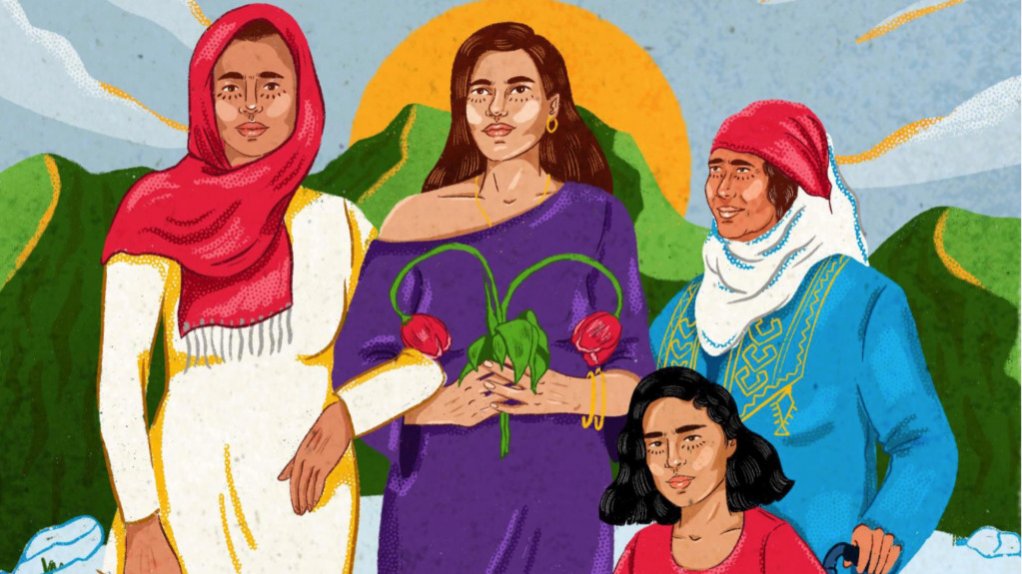- Climate change and women’s health and rights: women voices from MENA0.97 MB
As we strive to achieve a gender-just world that embraces full equality and equity between women, in all their diversity, and men, in all spheres of life, it is imperative that we understand, recognize and address the intertwined and multifaceted relationship between climate change and gender justice, specifically in terms of sexual and reproductive health and rights (SRHR).
Climate change, encompassing extreme weather events including rising temperatures, wildfires, and variability in rainfall, poses significant challenges to clean air, safe drinking water, food security, livelihoods and housing, threatening physical and mental wellbeing. The Middle East and North Africa (MENA) is among the regions that are most at risk from the increasing frequency of extreme climatic phenomena (ESCWA, 2017). The impacts of climate change are not felt equally; the extent to which individuals are affected is influenced by factors such as gender, age, ethnicity, racial identity, economic status, education and other social characteristics (Vincent et al., 2014).
Girls and women face disproportionate risks from climate change effects, in large part due to systemic gender inequality and the pervasiveness of patriarchal structures. Their unequal access to basic social services, natural and financial assets, their increased risk of food insecurity and their unequal decision-making power, create additional obstacles in building resilience to extreme weather events (Sorenson et al., 2018). Moreover, acute and protracted crises have been shown to influence gender and social norms, exacerbating gender discrimination and structural gender inequality, and affecting the SRHR of women and girls (Sorenson et al., 2018). This has resulted in limited access to healthcare services, including contraception and abortion services, shortages in the availability of skilled healthcare workers, inadequate financial support and domestic resources allocated to healthcare, increased instances of gender-based violence and other harmful practices, and human rights violations (Women Deliver, 2021).
Report by Oxfam
EMAIL THIS ARTICLE SAVE THIS ARTICLE ARTICLE ENQUIRY
To subscribe email subscriptions@creamermedia.co.za or click here
To advertise email advertising@creamermedia.co.za or click here











